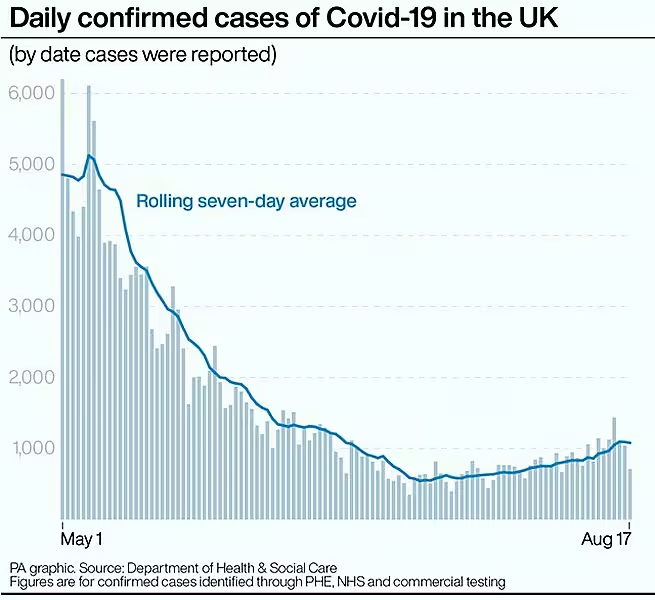A large study in the US indicated that patients treated early – within three days of diagnosis – with convalescent plasma which has high levels of antibodies had an improved chance of survival.
The study, led by the Mayo Clinic, assessed more than 35,000 patients who were given convalescent plasma, included a high number who were critically ill.
NHS officials collecting plasma for a major trial in the UK said the findings “support the need for people to donate convalescent plasma” in Britain.
Have you recovered from #COVID19?
By donating plasma you could help others still fighting the virus. https://t.co/vb1ukgyGxg— NHS Blood+Transplant (@NHSBT) July 9, 2020
Research in the UK is assessing whether convalescent plasma donations can be transfused into patients who are struggling to develop their own immune response.
The plasma from former patients is hoped to be rich in the antibodies that develop as a person recovers from an illness.
It is transfused into people who are seriously ill with Covid-19 and struggling to develop their own antibodies.
If the trial is successful, being treated with convalescent plasma could become a widespread practice in hospitals.
NHS Blood and Transplant (NHSBT), which is collecting the plasma for the UK trial, said it is looking for Covid-19 survivors – particularly men.

Professor Dave Roberts, associate director for blood donation at NHSBT, and one of the investigators for the UK convalescent plasma trials, said: “These are promising results that support the need for people to donate convalescent plasma in the UK.
“The results indicate a preliminary and encouraging significant reduction in mortality for people with Covid-19 treated with convalescent plasma.
“However, the research is not conclusive and cannot be easily correlated to our work or other trials. The results are also observational and not the fair comparison we would see using a randomised control trial.
“We need people who have recovered from Covid-19, especially men, to offer to donate at nhsbt.nhs.uk. Men are particularly important donors because they are more likely to have the higher antibody levels which are observed to show more effect.”







